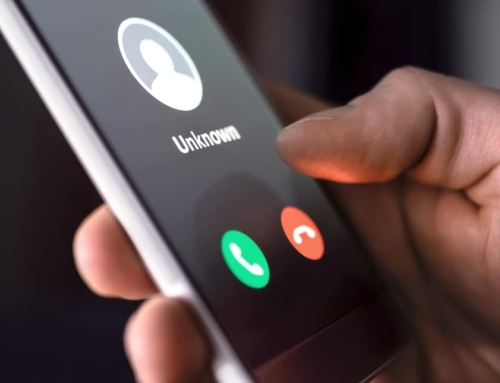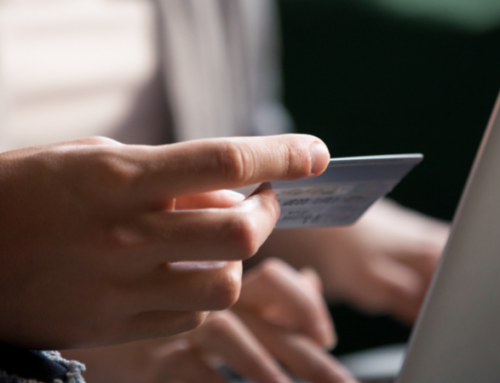Q. What steps can I take to keep my information safe when paying bills online?
A. Use a secure browser. Software that encrypts or scrambles the purchase information you send over the Internet – to help guard the security of your information as it is transmitted to a website. Be sure your browser has the most up-to-date encryption capabilities by using the latest version available from the manufacturer. You also can download some browsers for free over the Internet. When submitting your purchase information, look for the “lock” icon on the browser’s status bar, and the phrase “https” in the URL address for a website, to be sure your information is secure during transmission.
Check the site’s privacy policy, before you provide any personal financial information to a website. In particular, determine how the information will be used or shared with others. Also check the site’s statements about the security provided for your information. Some websites’ disclosures are easier to find than others – look at the bottom of the home page, on order forms or in the “About” or “FAQs” section of a site. If you’re not comfortable with the policy, consider doing business elsewhere.
Read and understand the refund and shipping policies of a website you visit, before you make your purchase. Look closely at disclosures about the website’s refund and shipping policies. Again, search through the website for these disclosures.
Keep your personal information private. Don’t disclose your personal information – your address, telephone number, Social Security number, bank account number or e-mail address – unless you know who’s collecting the information, why they’re collecting it and how they’ll use it.
Give payment information only to businesses you know and trust and only when and where it is appropriate – like an order form. Never give your password to anyone online, even your Internet service provider. Do not download files sent to you by strangers or click on hyperlinks from people you don’t know. Opening a file could expose your system to a computer virus or a program that could hijack your modem.
Keep records of your online transactions and check your e-mail for contacts by merchants with whom you’re doing business. Merchants may send you important information about your purchases.
Review your monthly credit card and bank statements for any errors or unauthorized purchases promptly and thoroughly. Notify your credit or debit card issuer immediately if your credit or debit card or checkbook is lost or stolen, or if you suspect someone is using your accounts without your permission.




Leave A Comment